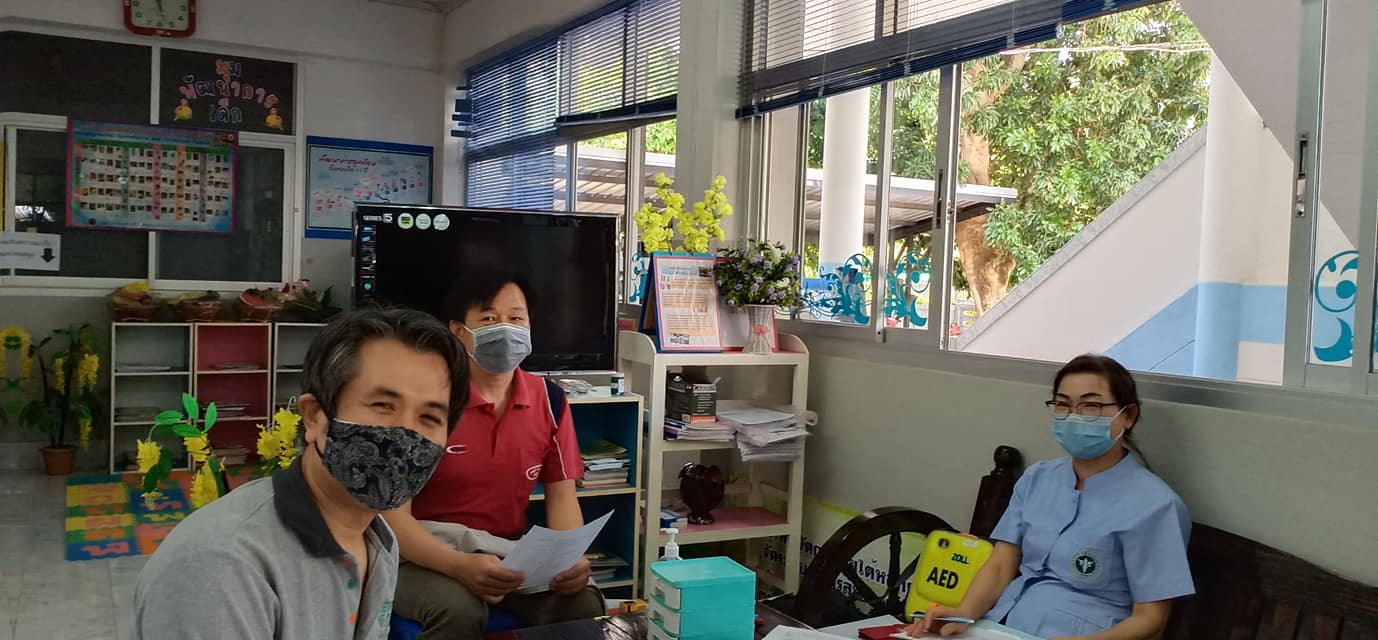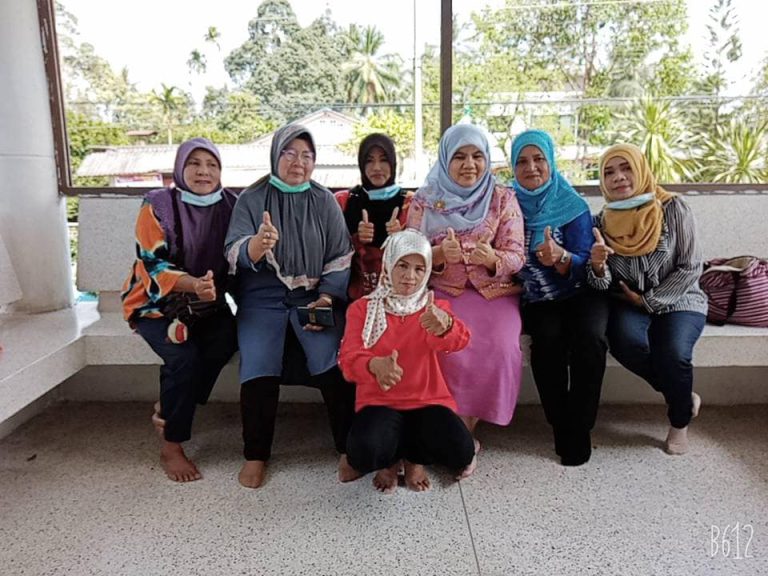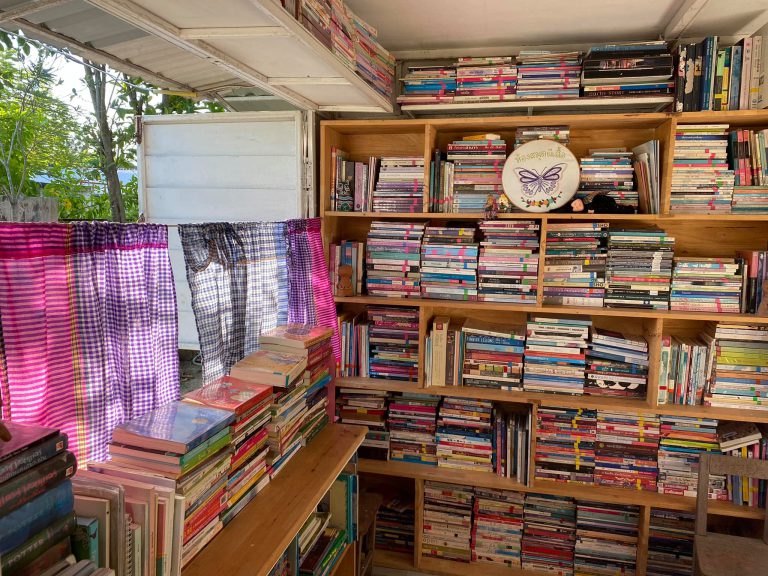Story: Sutheelak Ladpala
The hill tribes of Mae Hong Son province, like many people throughout the country, have been affected by the Covid-19 global pandemic over the past few months, with ramifications across their economic, social and healthcare systems.
Economically, the majority of hill tribes people support themselves through agricultural work, but a proportion also engage in commercial activity domestically and along the border with people from neighboring countries. All have been affected by border closures and loss of trade.
Those who work in the tourism industry or migrate to the capital for work have been temporarily or permanently laid off, losing their source of income. Prolonged school closures also have hill tribe parents worried about their children’s education.
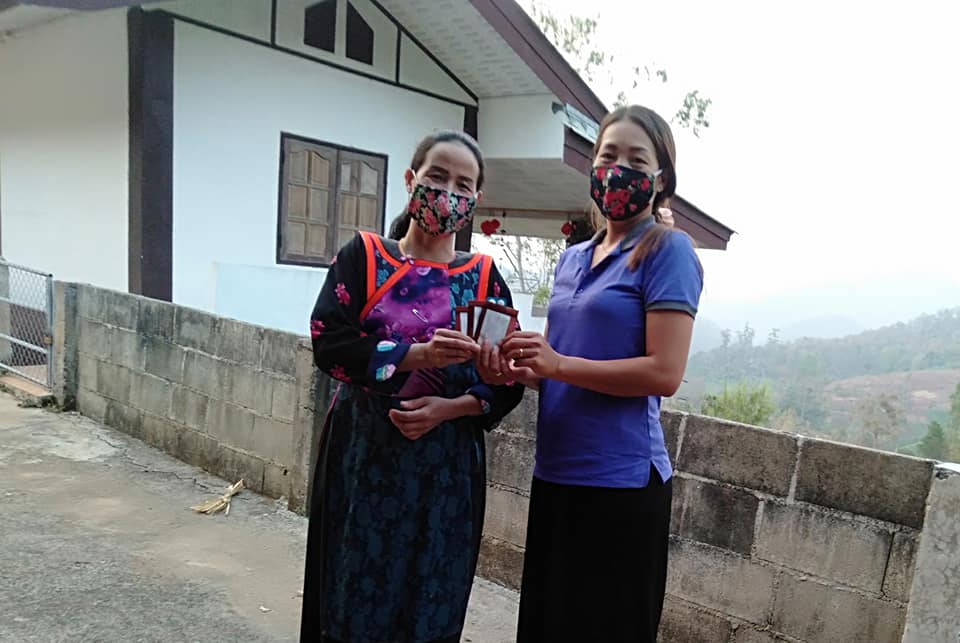
For entire families to be home together for a long period of time, while primary caregivers are out of work and struggling to make ends meet, is a lot of pressure, especially for families with already tense relationships or that aren’t used to being together for a long time. The situation leads to conflicts, arguments and lawsuits, in part because parents have not kept up with cultural shifts and are unable to communicate effectively with their children. Parents are also struggling to structure their day with their children out of school.
Furthermore, obstacles to usual access of public healthcare services due to citywide lockdowns has made the provision of healthcare a challenge. Before the pandemic, when a patient’s condition is severe or exceeds the capacity of local hospitals to treat it, they are sent to larger hospitals in Chiang Mai. The introduction of Covid control measures has made travelling between provinces challenging, since travellers entering and leaving the city have to quarantine themselves for fourteen days. This has injected greater uncertainty and delays to seeking medical treatment and in certain decision-making. In the case of elderly and disabled patients who need a travelling companion, the situation creates additional expenses, since many families, unable to take time off from work to quarantine themselves, have to hire someone else to go in their stead.
Despite these new difficulties, community members have been visiting each other to provide support. Should any family be struggling, sick and in need of help, they will be brought rice, fish and other necessities. Masks and alcohol gel for covid protection have been distributed. Some individuals in the community who have been able to educate themselves are sharing information with the community. Everyone is working together.
These support systems are rooted in an already existing robust social infrastructure; namely, a strong sense of kinship and a system of belief that anticipates punishment of the entire community should they not care for one another.
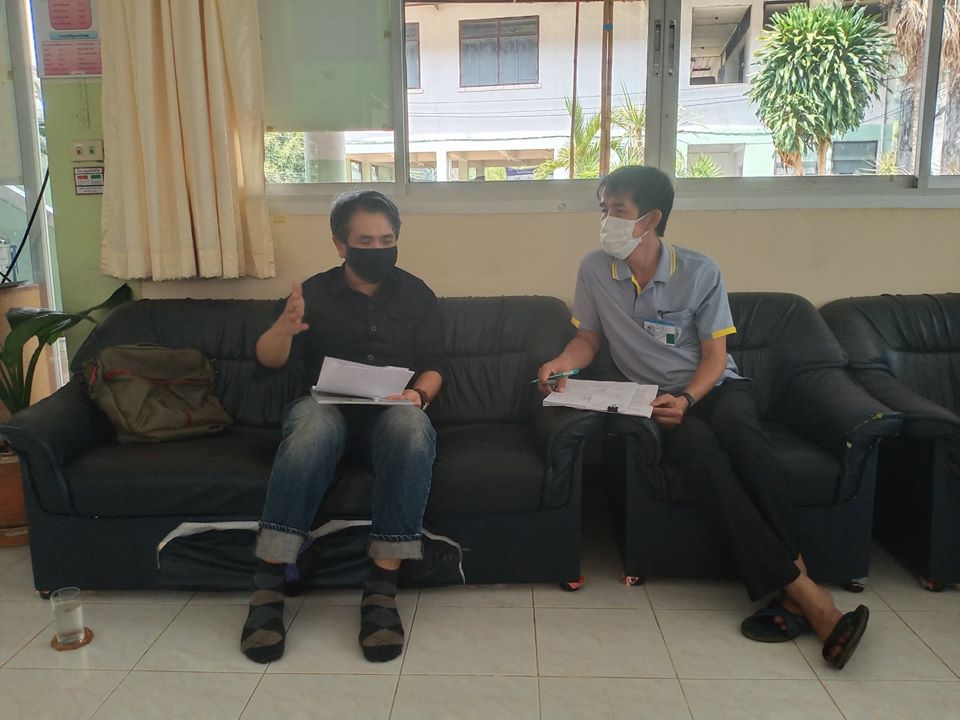
An impressive feature of working with the Mae Hong Son tribal communities is the strong social systems that constantly support and supplement public service systems, such as the circulation of various kinds of information in ethnic languages, so that all generations and groups of people can be informed. All possible channels of communication are utilised in order to reach all members of the community and raise as much awareness of Covid and Covid protection measures as possible. From in-person visits and announcements in the village center to the dissemination of audio and video clips, these structures work to eliminate the language barrier barring access to knowledge.
When the pandemic begins to wane, the team of community mentors plan to analyze the community’s new circumstances, assess any changes, and formulate a plan of support for the community, beginning with those who are in urgent need of help. The team will concurrently study the elements that constitute a robust community infrastructure, from big-picture issues of public policy to the nuances of the needs of different groups of people.
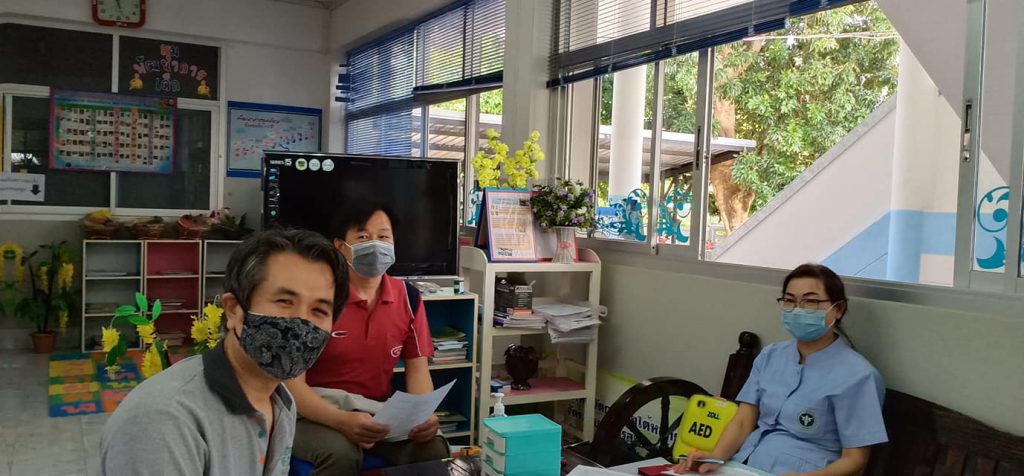
Though the Covid-19 crisis has been devastating in many ways, it has also unveiled the potential dimensions of collective caregiving that had not existed before in the hill tribe communities. From forming commercial alliances and raising technological literacy, to selling ethnic food and apparel through facebook live, the resilience of the hill tribe communities demonstrate that we all have the ability to adapt and develop ways of living in community that will be able to take on the changes that the future holds.
